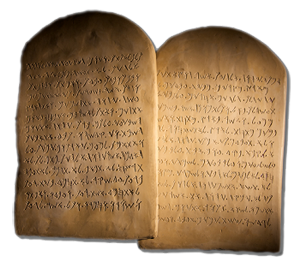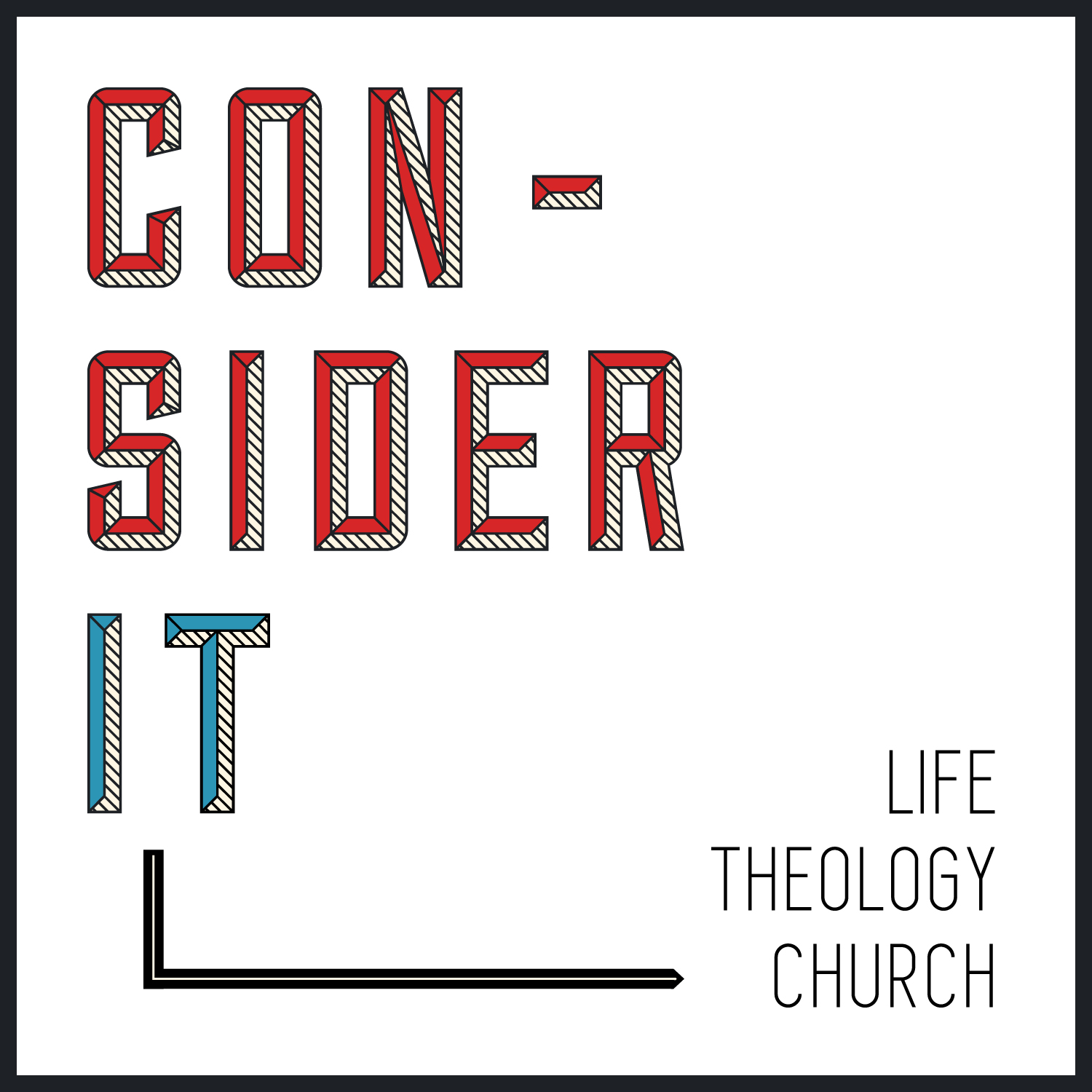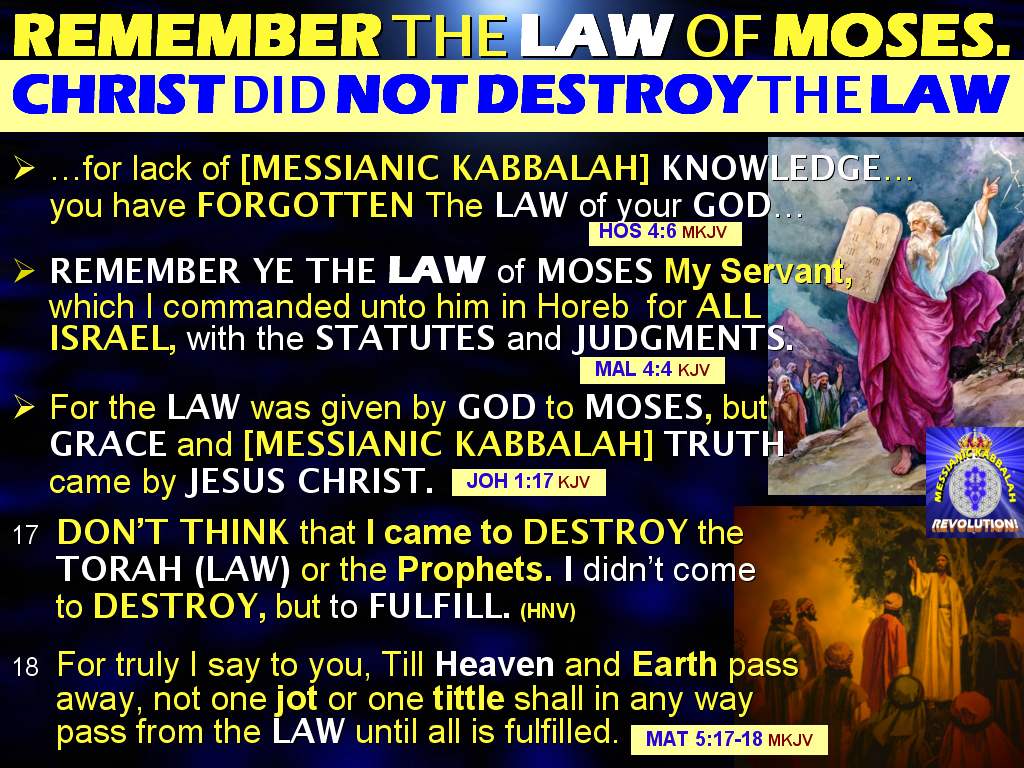
And yet at the same time the law finds its fulfillment in Christ. Instead, the Mosaic law and covenant are no longer normative for believers. “We have seen thus far that it is overly simplistic to say that the ceremonial and civil law have passed away, while the moral law still retains validity. I’ll skip that discussion, because unless you’re a theonomist, we don’t have to make the case that we shouldn’t be trying to turn our countries into the Israelite theocracy. Having thus discussed some of the so-called “ceremonial” laws, Schreiner goes on to address the “civil” laws. … The Sabbath finds fulfillment in the Sabbath rest granted by Jesus Christ (cf. The Sabbath belongs to the shadows of the old covenant and is a matter of indifference now that Christ has come. Colossians 2:16–17 makes this even clearer. Clearly, the Sabbath is included here since it was observed weekly, it was the day that would naturally come to mind for readers. No day, in principle, holds pride of place above another (Rom.
MOSAIC LAW FREE
Paul clearly teaches that Christians are free in regard to the observance of days. Such a judgment surprises some but it must be recognized that the entirety of the Old Testament law is in Christ. This includes the Sabbath, even though the Sabbath is part of the Ten Commandments (Exod. “Believers are not required to observe the feasts, festivals, and special days of the Old Testament calendar. He even mentions the Sabbath, offering further comment because it’s one of the Ten Commandments:


Schreiner goes on to give examples of Mosaic Laws that are no longer in force for believers in this age. As Dorsey says, it still has ‘a revelatory and pedagogical’ function” (89–90). This is not to say that this law has nothing to say to the church of Jesus Christ today. As with the rest of the laws in the Mosaic covenant, it is now that Christ has come. 22:25), but this law was addressed to Israel as an agricultural society in the ancient Near East. For instance, the law forbidding the taking of interest is clearly a moral mandate (Exod. “Indeed, it is quite difficult to distinguish between what is ‘moral’ and ‘ceremonial’ in the law. To say that the ‘moral’ elements of the law continue to be authoritative blunts the truth that the entire Mosaic covenant is no longer in force for believers. As stated earlier, Paul argues that the entirety of the law has been set aside now that Christ has come. Even though it has some elements of truth, it does not sufficiently capture Paul’s stance toward the law. “The distinction between the moral, ceremonial, and civil law is appealing and attractive. Nevertheless, I do think we can profit from his comments, and that they will advance the discussion on the believer’s relationship to the Mosaic Law. I’ll also add that this is not a journal article or a book-length treatment of the threefold division, so expecting exegetical argumentation for every point will likely leave you frustrated. Let me say at the outset that I recognize that he is not the authority, but that Scripture alone is. Question 14 of his 40 Questions about Christians and Biblical Law takes up the issue of the tripartite division, and I find his comments very insightful. Tom Schreiner, Professor of New Testament Interpretation at Southern Baptist Theological Seminary. I want to quote generously today from Dr.


Where theologians part ways is whether to make such categories theological constructs by which to build one’s doctrine of the Old Covenant Mosaic Law’s relationship to the New Covenant believer in Yahweh. I don’t think anyone disagrees with the notion that the tripartite division of the Law into moral, civil, and ceremonial components is a helpful informal categorization of the various commandments God has given to Israel. With all the discussion surrounding the legitimacy of the use of law in evangelism, one of the issues that surfaces time and again is whether the Mosaic Law should be divided into three parts.


 0 kommentar(er)
0 kommentar(er)
